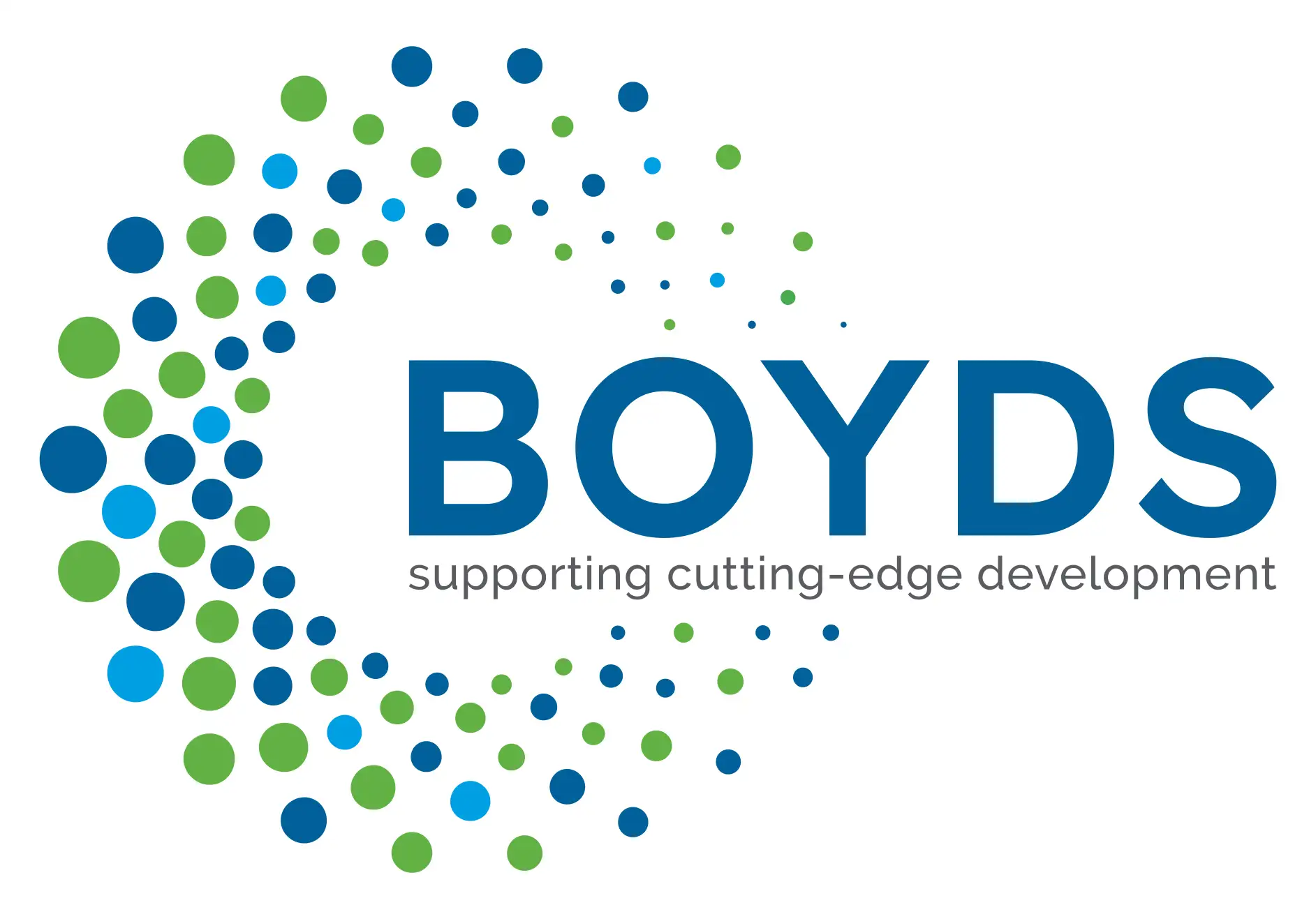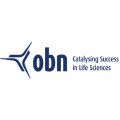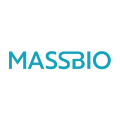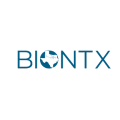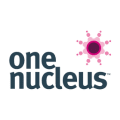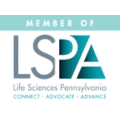Case study:
Boyds provides early stage regulatory services for the development of a stem cell therapy and device for the treatment of Parkinson’s Disease
Background:
Academic collaborators in Cambridge, UK, and Lund, Sweden came to Boyds with an exciting proposal for a first-in human (FIH) stem cell therapy trial involving a medical device. In preparation for the clinical trial authorisation application, Boyds assisted with regulatory interactions, including scientific advice meetings with the UK Medicines and Healthcare products Regulatory Agency (MHRA) and the Swedish Medical Products Agency (MPA).
The STEM-PD trial uses human embryonic stem cell (hESC)-derived midbrain dopaminergic progenitor cells, which are transplanted into the brain of people with Parkinson’s disease to replace cells that are lost in this disease. The cells are administered using an in-house manufactured, non-CE marked class III neurosurgical medical device.
Boyds approach
Boyds worked in partnership with the client to prepare the briefing documents for the scientific advice meetings with the Regulatory Agencies, including advising the teams on the questions to be posed and the information required to support these. Our regulatory and medical device specialists attended the scientific advice meetings and drafted the meeting minutes for approval by the sponsor and Agencies. A significant amount of discussion went into complex decisions around the regulatory pathway for a potential new device, the possibility of an unusual 4-way co-sponsorship model, the labelling strategy, the handling and safety management of the of the cellular product and trial participants, and the design of the clinical trial. The support and knowledge provided by Boyds strengthened the final trial design, in which the client determined not to perform a clinical investigation of a new device, instead using an in-house manufactured device.
The next step involved preparing the submission documents. Boyds authored the Investigator’s Brochure (IB), the non-clinical and clinical sections of the Investigational Medicinal Product Dossier (IMPD) and helped finalise the study protocol and product labels. We also reviewed the multiple participant- facing documents to ensure all essential documents fulfilled the specific requirements for this FIH trial with an advanced therapy investigational medicinal product (ATIMP) and device for future ethical submissions.
Once completed, the regulatory team at Boyds prepared and submitted the application to the MPA for approval. Boyds also provided regulatory support during the trial’s conduct to maintain the authorisation.
Impact and Outcomes
The CTA was successful and the clinical trial has begun enrolling participants. The client was delighted with the support given, the outcome of the meetings with the regulatory agencies (which helped to keep regulatory approval off the critical path) and the opening of the clinical trial.
